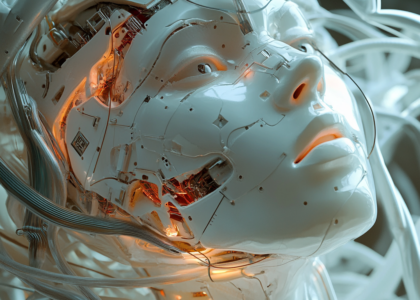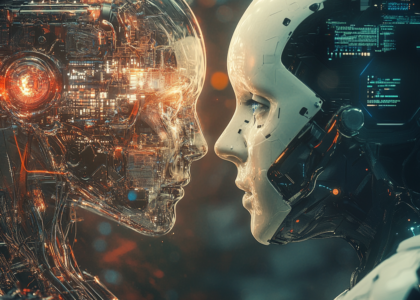Automation and artificial intelligence are radically transforming the labor landscape, leading technology leaders like Sam Altman to explore revolutionary solutions. The maxim “Work is life” could be approaching its end, or at least a profound redefinition.
In 2016, Altman, as CEO of OpenAI, went beyond theorizing. Through OpenResearch, his non-profit organization, he invested $60 million (including $14 million of his personal wealth) in an ambitious Universal Basic Income (UBI) experiment. His vision was clear: “I’m pretty confident that at some point in the future, as technology continues to eliminate traditional jobs and create enormous new wealth, we’ll see some version of this at a national scale.”
The study, conducted between 2019 and 2023, focused on 3,000 participants from Texas and Illinois with annual incomes below $28,000. The results were revealing: recipients of $1,000 monthly showed significant changes in their spending patterns, prioritizing basic needs. Although they worked slightly fewer hours, they maintained active participation in the labor market. Perhaps most notable was the initial improvement in mental health indicators and stress reduction, although these benefits tended to dilute over time.
However, the debate about universal single salary has deeper roots in the tech world. It originated in a conversation between DeepMind’s founders, before its acquisition by Google. Mustafa Suleiman, one of its founders, proposed that human work would eventually disappear and that large tech companies, like Google, should provide a basic salary to their users. This proposal generated a significant fracture in the tech world: while Elon Musk endorsed the idea, Google’s founders categorically rejected it, leading to a distancing between both parties.
Crucial questions persist: Who would fund this universal salary? The tech corporations that are automating jobs? Governments? The resistance of giants like Google to this idea suggests that the path to implementation is far from clear. The rejection by one of the world’s most influential tech companies doesn’t determine the concept’s future, but raises serious doubts about its practical viability.
The irony lies in that while tech companies develop tools that could make much of traditional human work obsolete, they seem reluctant to assume responsibility for the social consequences of this transformation. This contrast between technology’s disruptive potential and the reluctance to address its social impacts poses one of the greatest challenges of our era.
The universal single salary debate isn’t just a discussion about economic policy; it’s a reflection of how we’ll face one of the biggest changes in human history: the possible obsolescence of traditional human work. The solution, whatever it may be, will require unprecedented collaboration between governments, tech companies, and civil society.






